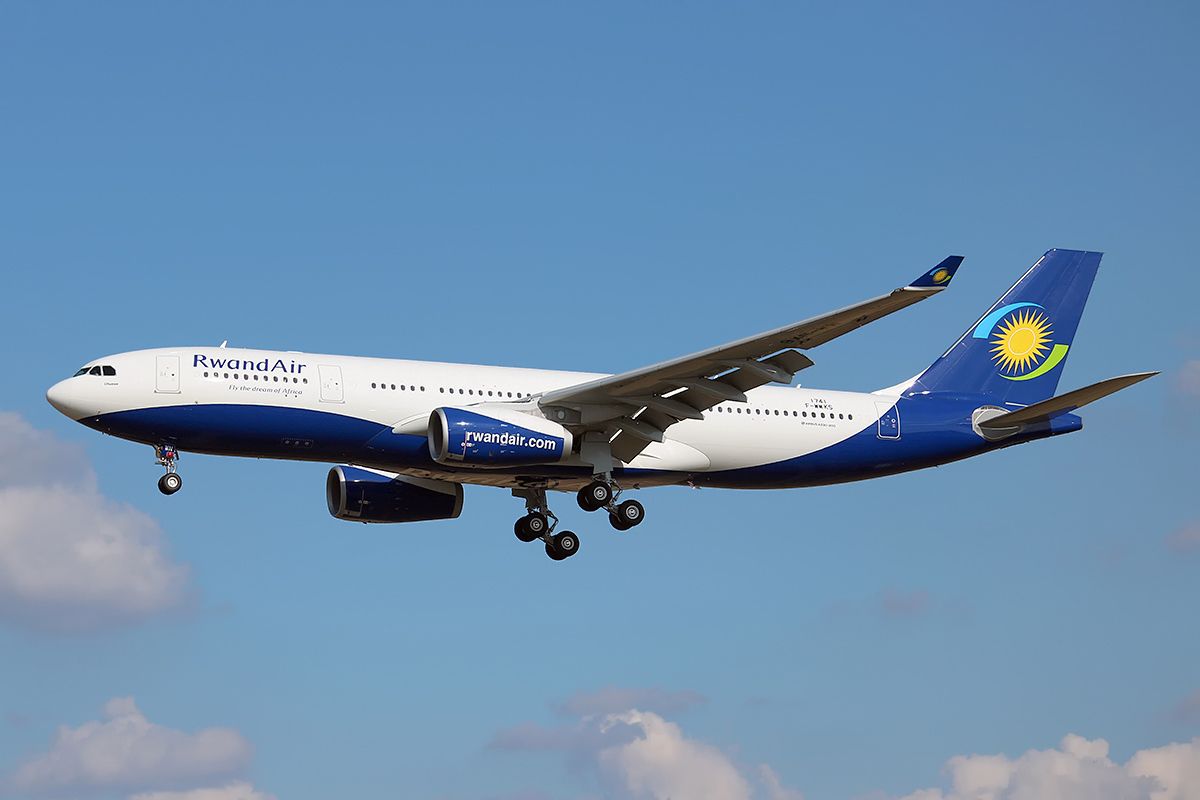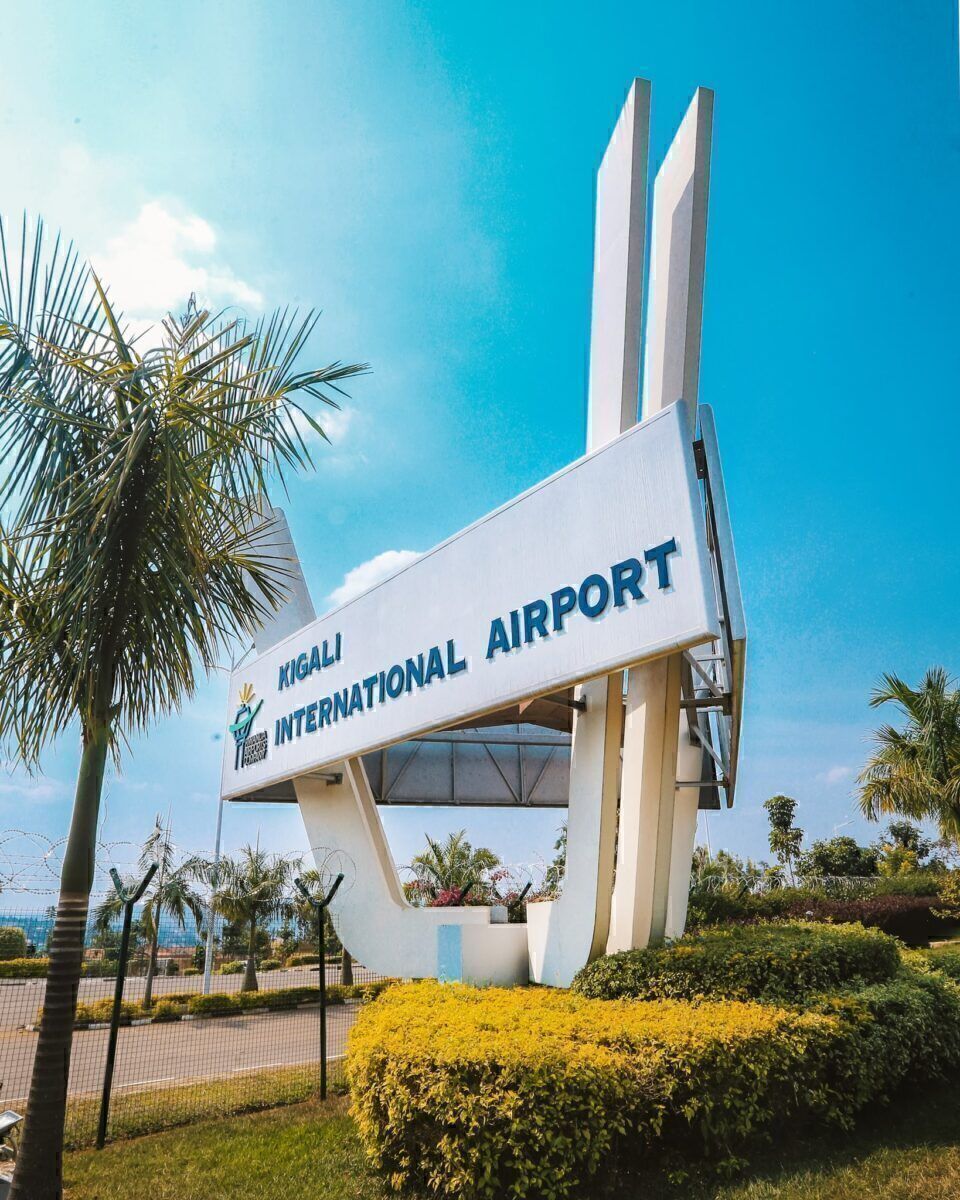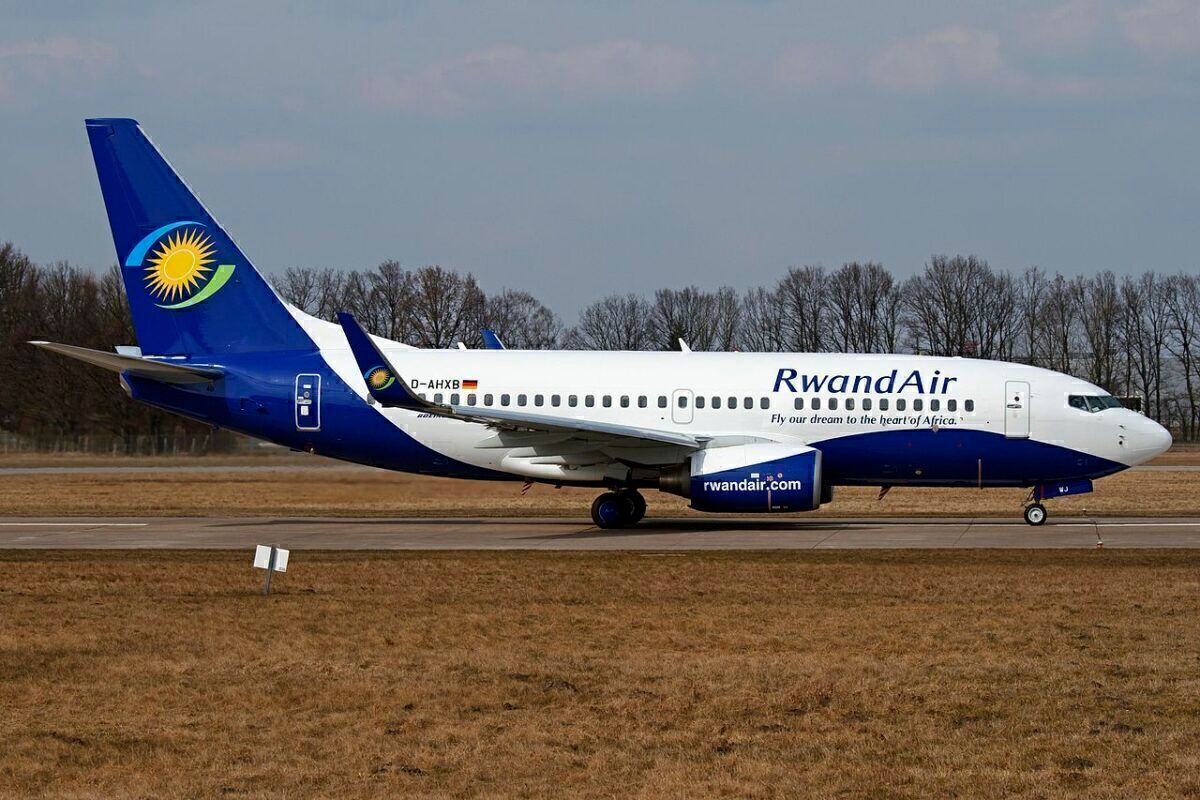The national flag carrier of the Republic of Rwanda, RwandAir, has suspended flights to three counties in Southern Africa over concerns about a more contagious strain of the coronavirus called B.1.351 or 501.V2. The new South African strain, as it is more widely known, appears to be more resilient to current COVID-19 vaccines. This has raised concerns that people who have already had COVID-19 could become infected again.According to a statement released yesterday, RwandAir has suspended flights from Kigali International Airport (KGL) to the following destinations in Southern Africa:
- O.R. Tambo International Airport (JNB) in Johannesburg, South Africa
- Cape Town International Airport (CPT) in Cape Town, South Africa
- Kenneth Kaunda International Airport (LUN) in Lusaka, Zambia
- Robert Gabriel Mugabe International Airport (HRE) in Harare, Zimbabwe
Stay informed: Sign up for our daily aviation news digest.
Viruses naturally mutate
By their nature, it is normal for viruses to mutate, and most of the mutations seen so far all function in a similar way. However, the South African variant has scientists worried because of its vast number of mutations, especially in the spike protein used to infect humans.
Researchers in South Africa say that they believe that the B.1.351 or 501.V2 is around 50% more contagious than other strains of the virus, based on the number of transmissions since it first appeared. The good news, if there is any, is that its effect on humans is no more severe than other strains.
With the new, more virulent strain accounting for 90% of South African cases, this will arguably make getting the pandemic under control more difficult. It's the reason that an increasing number of countries are closing their borders to South African flights.
Some vaccines may be less effective
Another worrying sign about the South African variant is that a study showed the Oxford-AstraZeneca vaccine less effective against the new COVID variant. South Africa has received one million doses of the British–Swedish vaccine and has now put its use on hold while it awaits further advice on how to proceed.
According to a BBC report at a news conference yesterday, South African Health Minister Zweli Mkhize said his government would offer vaccines produced by Johnson & Johnson and Pfizer in the coming weeks. The initial study of the Oxford-AstraZeneca vaccine was conducted by the University of the Witwatersrand and is still awaiting a review from other scientists.
RwandAir resumed flights in August
Following an easing of COVID-19 restrictions, RwandAir resumed commercial flights again in August 2020. It had been flying to most of its destinations in Africa and several long-haul routes that included Brussels, Dubai, and London.
As a part of its recovery strategy, RwandAir recently launched twice-weekly flights from Kigali to Bangui M'Poko International Airport (BGF) in the Central Africa Republic’s capital Bangui.
All passengers arriving in Rwanda must provide proof of a negative COVID-19 PCR test taken no longer than 72 hours before the flight. On arrival, they are then required to self-isolate for seven days. Once the quarantine period is over, they must take another free of charge COVID-19 PCR test.
What do you think about RwandAir suspending flights to Sothern African counties? Please tell us your thoughts in the comments.



